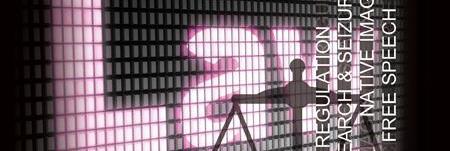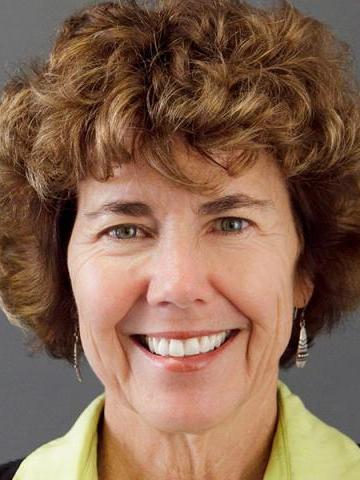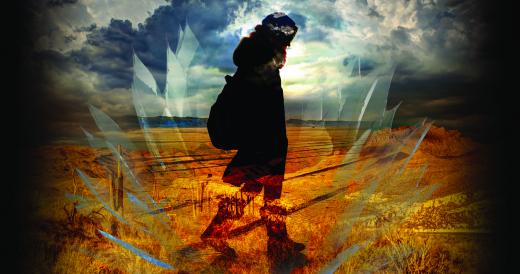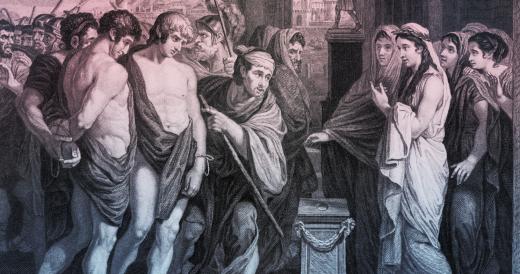Location:
When Oliver Wendell Holmes declared that “the life of the law has not been logic; it has been experience,” he meant that law is a messy and imperfect invention reflecting the human condition. This course will explore the imperfect nature of law today by focusing on cutting edge contemporary problems in legal interpretation and policy, with each covered by a distinguished faculty member from the College of Law, who is a well-known expert in the field. Four distinguished faculty members from the College of Law will lecture on an area within the faculty member’s expertise.
The Challenge of Effective Regulation
Professor Barak Orbach
One of the most controversial topics during the 2012 elections will be regulation: healthcare regulation, financial regulation, environmental regulation, Social Security, Medicare and Medicaid, and other forms of regulation. Many people have very strong views about important regulatory matters, such as the healthcare reform and the Dodd-Frank Act. What is regulation? Why is it such a controversial topic? Do we need regulation? If so, what kind of regulation? In our meeting, we will discuss paradoxes and nuances in perceptions of regulation and the economy. More specifically, we will address some of the general principles of good governance and some concerns regarding the political culture in the United States.
Are There 4th Amendment Rights When The Remedy (Exclusion) Disappears?
Vice Dean Marc Miller
When should relevant evidence be excluded from a criminal trial? The remedy of exclusion is mentioned nowhere in the federal or state constitutions; it emerged in the 20th century; it is disappearing in the 21st. Should we care? Are there (now) any plausible alternatives? This lecture will use two court decisions to illustrate the trend to limit the exclusionary rule out of existence. The lecture will then explore whether alternatives have, or could have, protected the 4th Amendment and analogous states rights.
From Pocahontas to Kokopelli: Borrowing from Native Cultures
Professor Melissa L. Tatum
All cultures change and develop, often by borrowing from other cultures. While cultural borrowing is natural, it can be done in both appropriate and inappropriate ways. This seminar will focus on the borrowing of Native cultures' stories, songs, symbols, images, and art, and will explore when such borrowing is acceptable and when it is not. Examples include:
• The State of New Mexico's use of the Zia Sun Symbol on the State flag
• The use of American Indians as sports mascots
• Film and TV portrayals of Indians
• The incorporation of Native religious practices into New Age religions
Holmes and His Critics: A Discussion of Freedom of Speech Rhetoric Doctrine, and Reality
Professor Toni M. Massaro
Americans assume they have broad first amendment protection, often captured by the phrase one man's vulgarity is another's lyric. In recent cases involving violent videos, animal cruelty, campaign finance, and funeral pickets, the Roberts Court has seemed to make bold statements about the benefits of an unregulated market place of ideas. But the fuller first amendment picture is much cloudier, especially in settings where we are much less confident that unregulated speech is the greater good. We will discuss this case law, the underlying premises, and the places in which things fall apart. The discussion is relevant to a host of modern problems, from civil discourse to cyberbullying.







